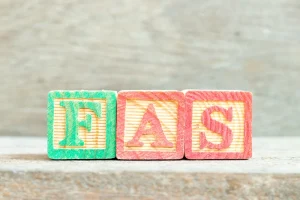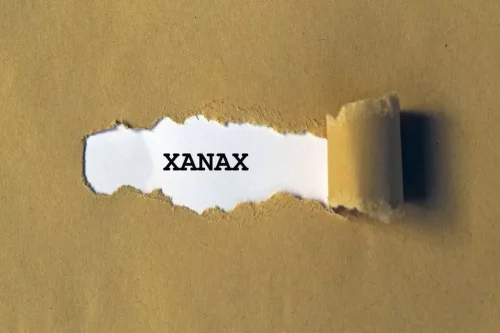
This involvement can lead to exposure to role models and eventually lead to the teens becoming positive role models themselves. It’s natural to listen to and learn from other people your age. People who are your age, like your classmates, are called peers.

What Are Examples of Positive Peer Pressure?
The term “peer” often refers to people one knows in real life and who have a similar social status to oneself. However, peer pressure can also be exerted by the larger culture. For example, television shows can convey to the public an acceptable way to behave, even though the people on TV do not know every individual they are influencing. Peer pressure is a big deal for adolescents and young adults.
Revenge Bedtime Procrastination Could Be Why You Stay Up Late

Keep in mind overcoming peer pressure is not always easy so you need to trust yourself, believe in your abilities, and most important never underestimate the power of your voice and choices. Believe that you are worthy of living a life that is true to yourself. Practice saying No firmly but politely when you are asked to do something that goes against your values or makes you uncomfortable. Remind yourself it is ok to stand for yourself and set boundaries because when you say No to others you ultimately say Yes to yourself. It is when someone explicitly tries to persuade you into doing something you are not comfortable with. For example, a friend might pressure you to try alcohol or drugs at a party.

Peer Pressure in Older Teens and Young Adults
If you feel pressured by people to do things you’re uncomfortable doing, there are lots of ways to respond. Be prepared to deal with peer pressure by having a response ready. Avoid places where people do illegal activities or other things you feel uncomfortable around.
Explore Academic Programs and Curriculum

This is when peers set plenty of good examples for each other. Especially in cases like those above, this gives YOU an opportunity to influence your peers positively. Take your power back and stand up for what you think is right. Seeking professional support goes beyond normalising – it can unearth root causes behind sensitive topics that peers may unconsciously prey upon.
We feel peer pressure when we seek approval from others instead of from God. It would be good for teens to surround themselves with people their age who have the same interests and share the same behavior. Walking away, setting a boundary, or taking space from the connection is totally okay. Whether or not the bond you have with the person in question is sour or generally positive, you don’t have to give into social pressure. As you can see, these things are all more likely to enhance your life rather than strain it, make you feel unsupported or bad about yourself, and so on. That said, for every positive example of influence from others, there’s a negative one.
- When you know these types it becomes easy for you to deal with these pressures.
- Having an ally who can intervene when you’re clearly uncomfortable builds motivation to leave tempting situations properly.
- By studying this sample, students can learn how to engage their audience and present ideas persuasively.
- If they pressure you to do shots with them at the bar when you aren’t drinking, for example, you might suggest that you both hit the dance floor instead.
- Take time to reflect on what is important to you and what you stand for.
- Don’t let the pressure from others steer you away from being true to yourself and what you believe is right.
That’s why learning how to overcome its impact on you is essential for navigating life with confidence and authenticity. However, peer pressure can also be positive and encourage better academic performance and healthy habits. Indirect peer pressure is the least invasive of the lot and can be either spoken or unspoken. It influences an individual which of the following is a type of indirect peer pressure? by validating an activity or behaviour although they may not be the specific person another individual or the group is trying to convince directly.
